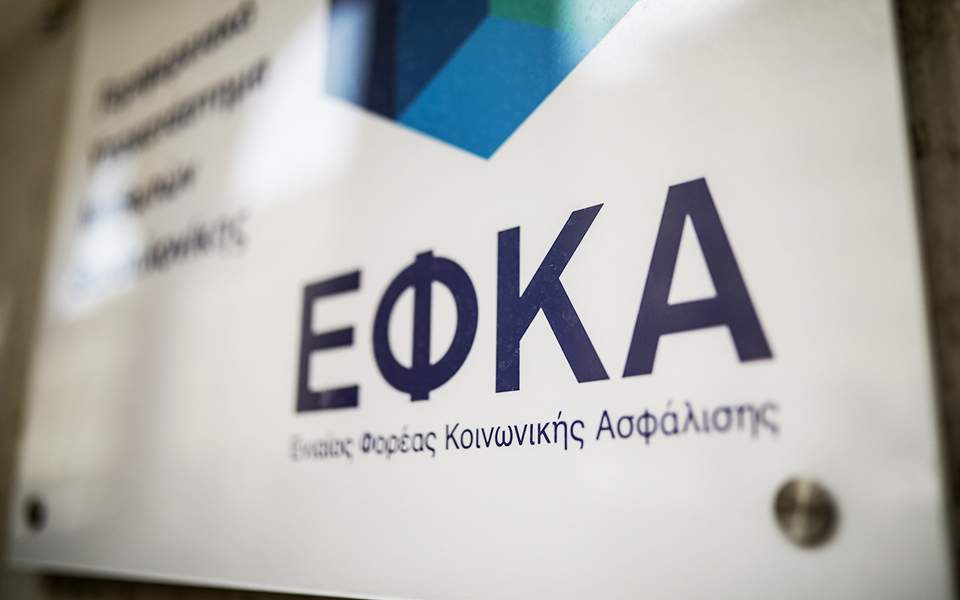Grant Thornton, in Greece, is adopting the four-day working week for all its staff, starting from the month of August.
According to a relevant announcement, the introduction of the four-day working week, through the provision of four additional days off, is only one of the actions implemented by the company in recent years, such as “Early Leave days”, i.e. specific days of the year during which staff leave their work earlier.
According to the Grant Thornton CEO, Mr Vassilis Kazas, this move will help to better balance the professional and personal lives of employees, during the summer period, and it comes along with significant upgrades to the payroll policy and the privileges the company provides to its staff.
The issue of the four-day working week, with no reduction in salaries, is something that has been discussed, for several months, with many countries and companies “experimenting” on whether it could be applied more widely. Companies in the UK, Spain, the US, Japan, or even New Zealand, among others, have recently adopted this initiative.
The fewer working days and hours due to the changes brought about by the pandemic is an issued discussed by companies, after the trend of the so-called Great Resignation. Many workers quit their jobs because they feel they are not being paid enough or have not had enough time, with analysts stressing that “the Covid-19 pandemic was the real trigger for us to rethink the world of work.”
The legal framework
The lawyer – labor law specialist, Mr Giannis Karouzos, when asked to comment on the initiative, stated that the institution of the four-day working week has not been applied in our country, yet, and every move in this direction is positive. He also emphasized that it would be even better to have, even in parallel, the possibility of working four days without an increased daily schedule load, i.e. reducing the weekly working time, as is already the case in Belgium, Ireland and Spain.
It should be noted that the possibility of four days of weekly work with 10 hours of daily work was provided for the first time in Greek law pursuant to article 55 par. 2 of Law 4808/2021, considered as a full time job system, in the context of working time arrangements of article 41 Law 1892/1990.








































